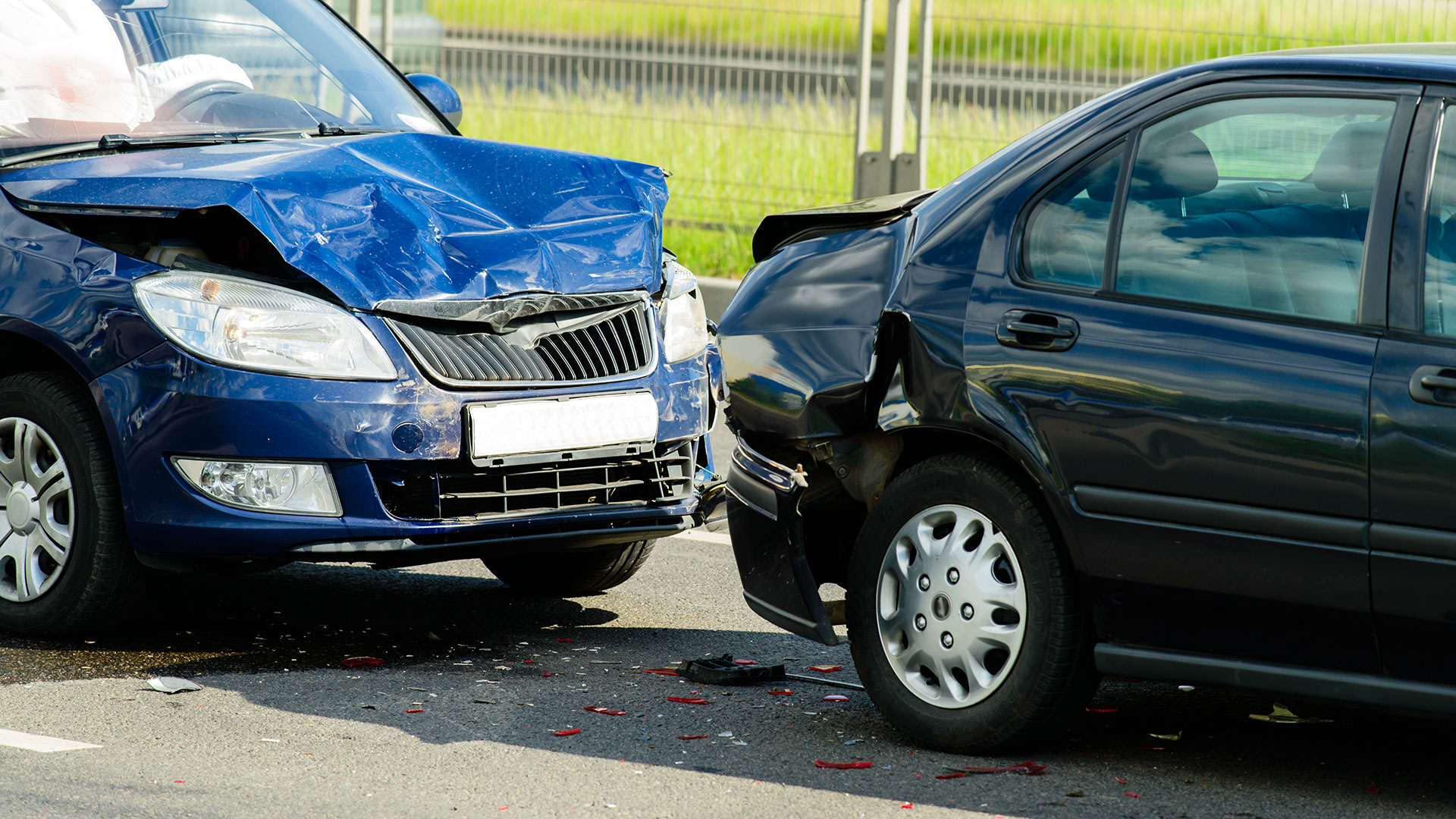
Motorists are being warned to be vigilant against scammers and fraudsters during tightening lockdown measures.
The combination of economic uncertainty and fears of a second wave of the coronavirus pandemic means motorists are vulnerable to fraudulent activity. This comes as the Welsh Government announces a ‘circuit breaker lockdown’, which came into force at 6pm on Friday 23 October.
Earlier this year, the Driver and Vehicle Licensing Agency (DVLA) reminded motorists that the only official place to find its services is on GOV.UK. It warned of fake SORN websites using scam tactics to charge motorists for a service that is free.
As Ben Fletcher, director at the Insurance Fraud Bureau (IFB), explains, motorists are the group most likely to be targeted by fraudsters. He said: “Motor fraud is the most common type of insurance scam and the disruption of Covid-19 is sadly providing even more opportunities for fraudsters to target the public.
“We must do more which is why we’ve launched an industry-backed ad campaign called Stop the Scams to help the public spot signs of insurance fraud. If anyone has any information about a known or potential insurance scam they can report it to the IFB’s Cheatline – their information could help to launch an investigation.”
GoCompare has shared information on the most common scams to help motorists avoid falling victim to fraudsters.
Online sales and purchase scams

Fake listings are copied from legitimate adverts to attract buyers. Coronavirus restrictions are used as a reason for not viewing the car in person, with the fraudster offering to deliver the car on receipt of cleared funds. Needless to say, the car doesn’t materialise and the victim is left with nothing.
In another scam, used car sellers are targeted by fraudsters claiming they have an immediate buyer for the car. They ask for an upfront payment, which is refundable if the car doesn’t sell. The refund is never paid.
Insurance broker fraud
Motorists are lured into taking out forged or invalid insurance policies by the promise of cheap premiums. Victims are unaware they are not insured until they submit a claim or are stopped by the police for driving without insurance.
DVLA scams
Earlier this year, the DVLA warned of a 20 percent increase in fraudulent activity. Fraudsters pose as the DVLA, using text, emails and fake websites to target motorists. Click here for more information, but it’s worth noting that the DVLA will never send emails or texts asking you to confirm your personal details or payment information.
Accident scams
So-called ‘crash for cash’ schemes are collisions staged to file fraudulent insurance claims. There are three types of crash for cash scams: staged collisions, ghost collisions and induced collisions. In all cases, the aim is to make as much money as possible from exaggerated claims.
Fleur Lewis, head of fraud at GoCompare, said: “Covid-19 has changed the way we live and an increasing number of people are managing everyday activities, including shopping for goods and services, online – many for the first time. Criminals are exploiting the situation. Since lockdown was first introduced, there have been big increases in reports of cybercrime and other fraudulent activities.

“The new tightened lockdown rules introduced in a bid to prevent a second wave of the pandemic coupled with continued economic uncertainty, create perfect conditions for fraudulent activity. So, we’re urging people to be extra vigilant.
“Scams are becoming increasingly sophisticated and using the internet, criminals often conduct frauds by pretending to be a brand or an organisation you trust, which can make them difficult to spot. The good news is that from making sure the security on online devices are up to date to being able to recognise common tactics employed by fraudsters – there are steps you can take to help avoid falling victim to fraud.”
How to avoid falling victim to fraud
- If a deal looks too good to be true, it probably is. Don’t be fooled by a car with a very low asking price or offers of cheap insurance on social media.
- Don’t be pressured into accepting a time-limited offer.
- Don’t respond to emails or texts asking for your personal details or banking information.
- Think twice before sharing information on social media.
- Update your devices and apps to the latest software to ensure you have the latest security updates.
- Avoid clicking on links in emails.
- Always ensure you use a secure website. Look for addresses beginning ‘https’ and not ’http’. Also look for the small padlock symbol. Click away if your browser displays a security alert.
If you suspect that you have been contacted by, or have fallen victim to a fraud, report it Action Fraud.
ALSO READ
Motorists oppose Highway Code safety proposals
Government creates pothole map of the UK
Legislation loophole for drivers using mobile phones to be closed